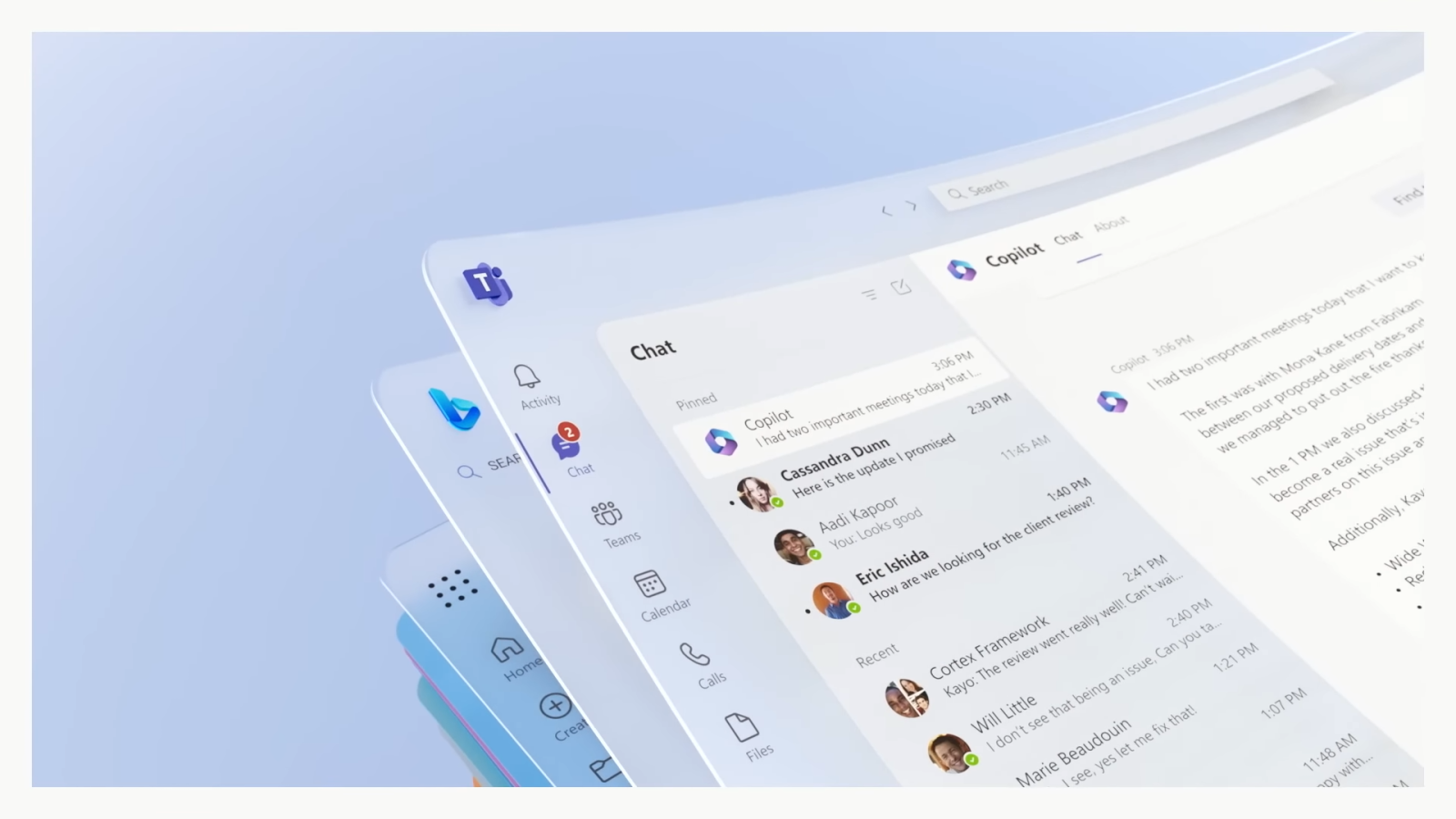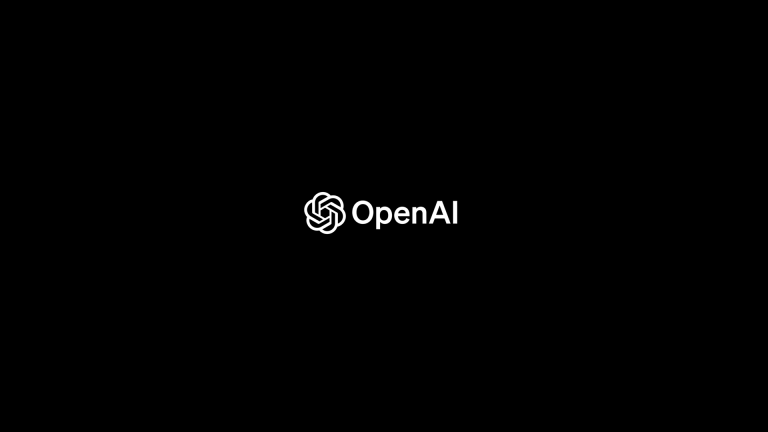OpenAI, the tech giant behind the language model chatbot ChatGPT, has found itself in the crosshairs of a legal battle. Leading the charge is none other than George R.R. Martin, the mastermind behind the acclaimed Song of Ice and Fire series – adapted to TV as Game of Thrones – and John Grisham, a name synonymous with legal thrillers.
The Authors Guild, 17 distinguished authors strong including the likes of Jonathan Franzen, Jodi Picoult, Michael Connelly, and even the President of the Authors Guild, Scott Turow, have filed a lawsuit in New York’s Southern District.
The bone of contention? Allegations that OpenAI used their copyrighted works to train its AI models without permission. The lawsuit paints a grim picture, suggesting that OpenAI’s actions could lead to the “engine of their own destruction” for these authors.
The complaint delves deep, accusing OpenAI of “systematic theft on a mass scale”. The Guild’s argument hinges on the idea that these large language models (LLMs) can churn out derivative works, essentially mimicking or paraphrasing their original content.
This, they argue, not only infringes on copyright but also poses a direct threat to the livelihoods of fiction writers. After all, why would anyone pay for original content when AI can produce something eerily similar for free or at a fraction of the cost?
One of the most notable examples cited involves George R.R. Martin. The lawsuit claims that ChatGPT was used to craft imitations of Martin’s eagerly awaited sequels to his iconic series. Imagine an AI spinning tales of Westeros, complete with familiar characters and plots but without the authentic touch of Martin’s wit and penchant for violent endings.
Nonetheless, OpenAI isn’t taking these allegations lying down. In a statement, the company emphasized its respect for writers and authors, highlighting ongoing discussions with the Authors Guild and other creators worldwide. OpenAI remains optimistic about finding a middle ground, one where AI can coexist harmoniously in a “rich content ecosystem.”
This lawsuit is just the tip of the iceberg. The AI sphere has been rife with controversies, especially when it comes to copyright issues. From artists through comedians to other authors, many have raised their voices against the unchecked use of copyrighted material by AI systems. The outcome of this case could set a precedent, potentially reshaping the landscape of AI and copyright law.

Microsoft, with an $11 billion investment in OpenAI, has declared that it will shoulder legal responsibilities if Copilot, its AI assistant in the upcoming Windows 11, leads to lawsuits for commercial users. This new Windows version is set to launch on September 26.

